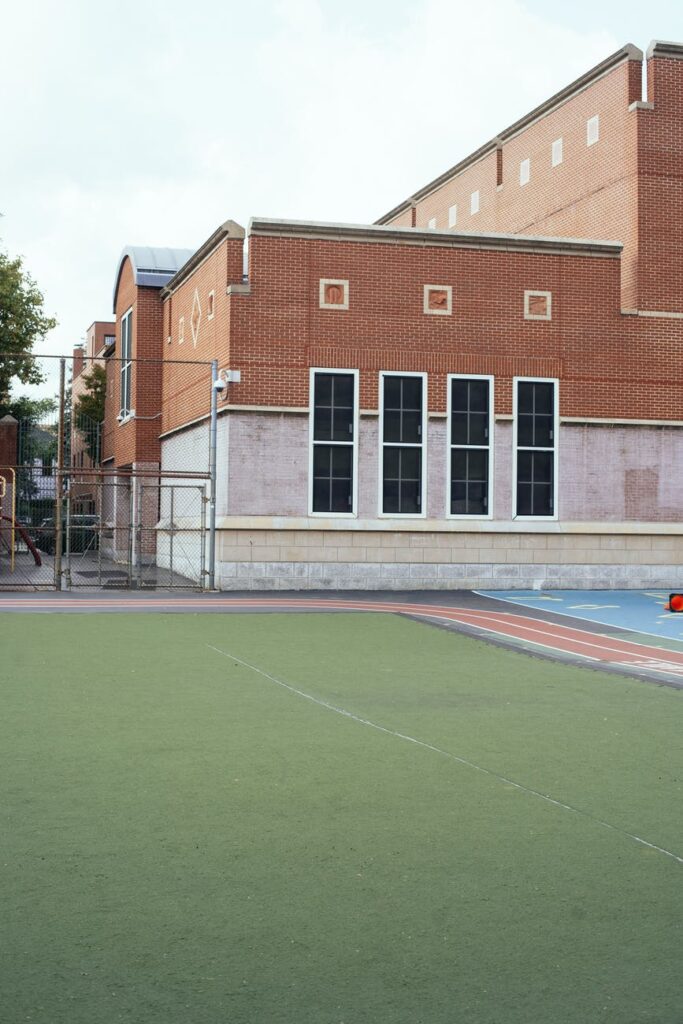In an OpEd in the Jackson Post, Democratic gubernatorial candidate Jerri Green highlights the challenges of school vouchers and calls on the state to use the money – now up to some $300 million – to invest in public schools:
Even more troubling, multiple reports show that students who use vouchers often perform worse academically than their peers who remain in public schools. Lower test scores, disrupted learning, and less accountability are becoming the norm—not the exception.
She outlines how to invest the money:
Imagine what we could do if, instead of draining public schools, we invested in them:
- We could pay our teachers what they deserve and finally address the staffing shortages hurting our schools.
- We could expand special education services so every child receives the support they need to succeed.
- We could build strong career pathways, certifications, and workforce training programs that prepare students for good-paying jobs right here in Tennessee.




